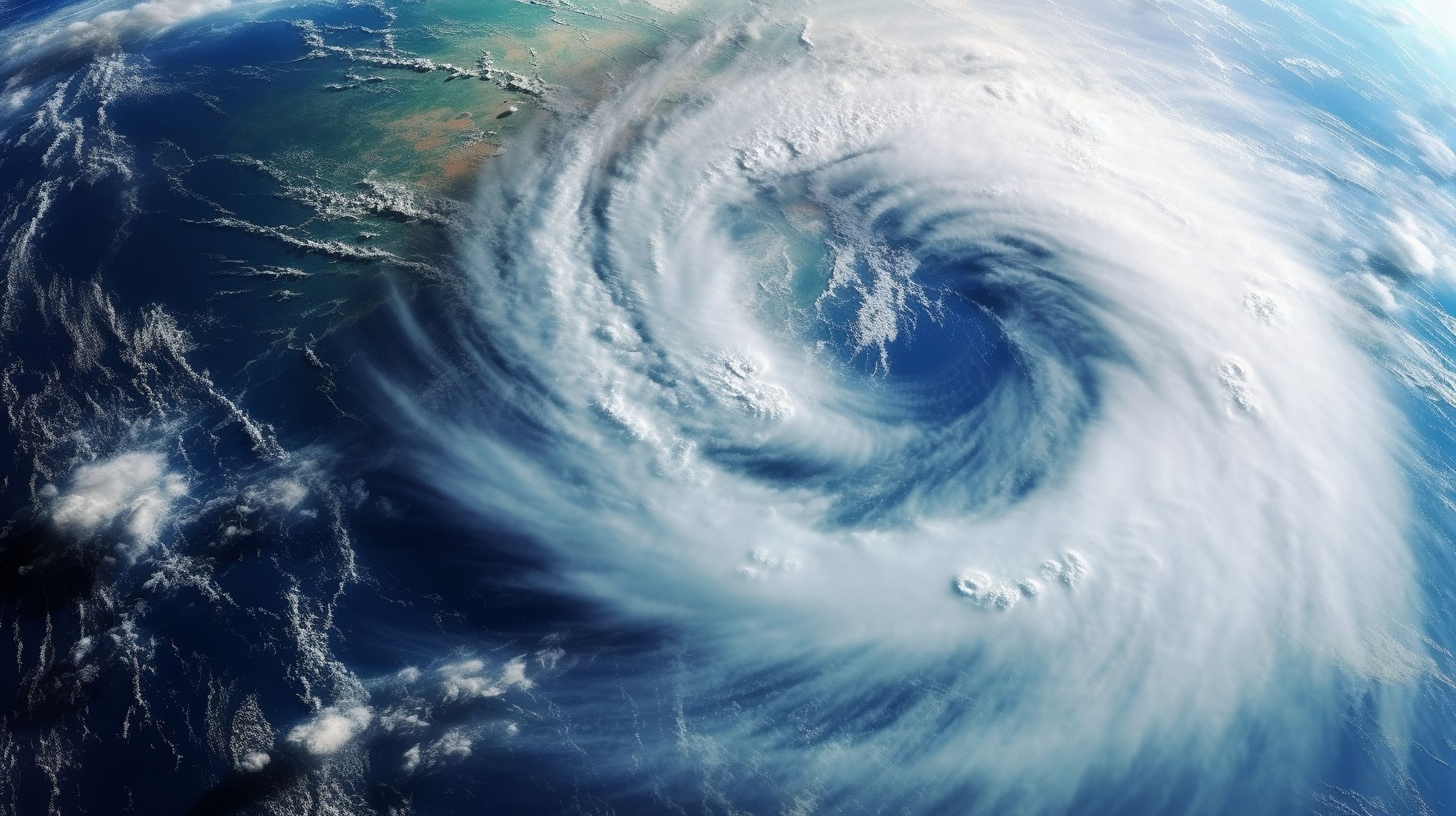
Common Challenges with Hurricane-Induced Business Interruption Claims
By Imperium Consulting Group
Named the strongest July hurricane in history by wind speed, Hurricane Beryl has wreaked havoc on its path from the Atlantic Basin to several countries in the Caribbean and North America. The Weather Channel reported that in just 48 hours, Beryl grew from a Tropical Depression into a Category 4 storm, and later, a Category 5 storm with maximum sustained winds of 165 mph. Beryl has destroyed schools, businesses and livelihoods, resulting in at least 9 U.S. deaths and 11 in the Caribbean, according to CBS News.
The devastating effects of Beryl included flash flooding, four dozen tornadoes from the Texas coast to upstate New York and nearly 3 million homes and businesses without power. Many property owners are awaiting repairs, though it’s expected that hundreds of thousands of customers in Houston will not have electrical power restored until next week, according to a CNN report.
If your business has experienced a power outage, it's important to be aware of challenges you may face when filing a business interruption claim, especially when the outage is caused by a hurricane or other natural disaster. Here are some common problems:
- Policy Exclusions and Limitations:
- Exclusions for Natural Disasters: Some policies may exclude coverage for interruptions caused by natural disasters or may have specific limitations for hurricane-related claims.
- Utility Service Exclusion: Many policies exclude losses resulting from power outages that originate off-premises (e.g., at the utility provider’s facilities).
- Documentation and Proof of Loss:
- Burden of Proof: The business must provide detailed documentation proving the financial loss directly attributable to the power outage. This can be difficult and time-consuming.
- Inadequate Records: Businesses might not have adequate financial records or evidence of the interruption’s impact, which can complicate the claims process.
- Quantifying the Loss:
- Calculating Losses: Accurately calculating lost revenue and additional expenses incurred can be complex. Businesses must often distinguish between loss of income and extra expenses incurred to mitigate the loss.
- Disputed Valuations: Insurers may dispute the business’s calculation of losses, leading to delays or reduced payouts.
- Policy Details and Interpretation:
- Ambiguities in Coverage: Policy language can be complex and subject to interpretation. Disagreements over the meaning of specific terms can lead to disputes.
- Coverage Limits and Sub-limits: There may be specific limits on the amount payable for certain types of losses, which might be insufficient to cover the actual damages.
- Time Element Coverage:
- Waiting Periods: Many policies have a waiting period before coverage begins, which can delay the start of compensation.
- Period of Restoration: Determining the period during which the business is entitled to claim losses can be contentious, especially if the restoration of power or repairs takes longer than expected.
- Mitigation Requirements:
- Duty to Mitigate: Businesses are generally required to take reasonable steps to mitigate their losses. Failure to do so can result in reduced claim amounts.
- Documentation of Mitigation Efforts: Businesses must document their efforts to mitigate losses, which can add to the administrative burden.
- External Factors:
- Third-Party Dependencies: If the power outage is due to issues at the utility provider’s facilities, the business might face additional hurdles in proving the cause and extent of the interruption.
- Widespread Impact: If the hurricane causes widespread damage, insurers may be overwhelmed with claims, leading to delays in processing and settlement.
- Legal and Regulatory Issues:
- Regulatory Compliance: Businesses must ensure compliance with any legal and regulatory requirements related to insurance claims, which can be complex and vary by jurisdiction.
- Potential Litigation: If a claim is denied or the payout is insufficient, businesses may need to engage in legal action, which can be costly and time-consuming.
- Communication and Negotiation:
- Coordination with Insurers: Effective communication with the insurance company is crucial but can be challenging, especially if there are disagreements over the claim.
- Negotiation Challenges: Businesses may need to negotiate with insurers to reach a fair settlement, requiring time, effort, and sometimes professional assistance.
Understanding these challenges can help businesses better prepare for and navigate the process of filing a business interruption claim due to a power outage from a hurricane.



